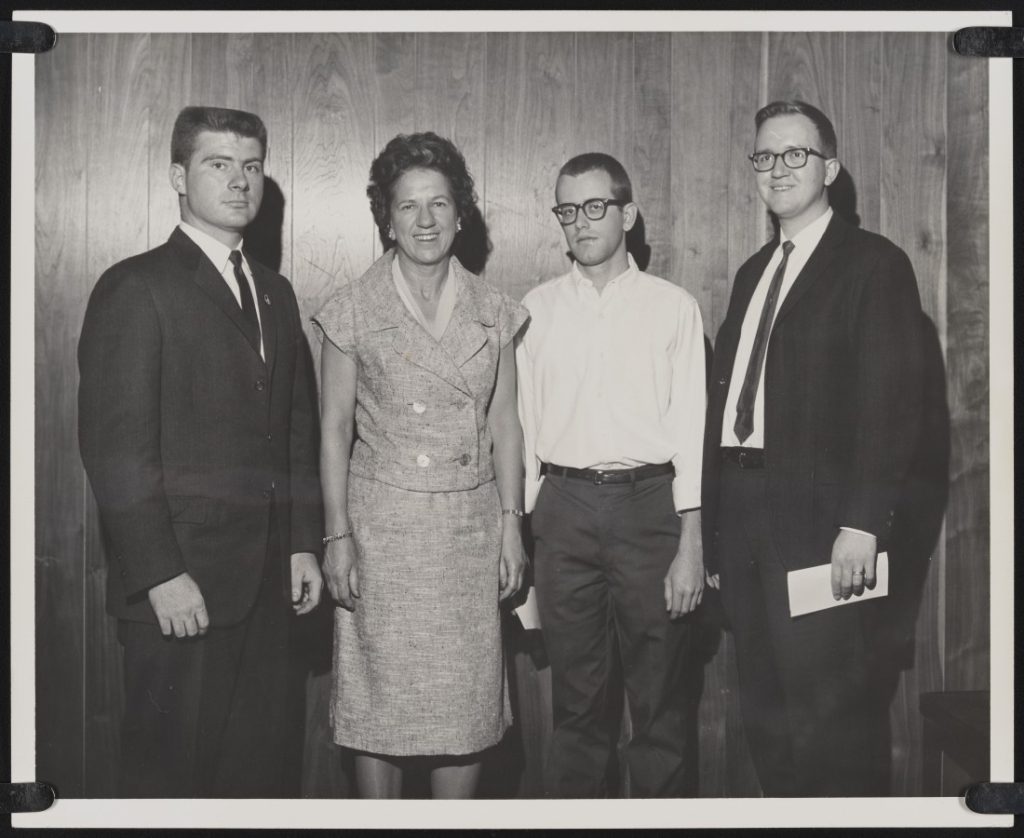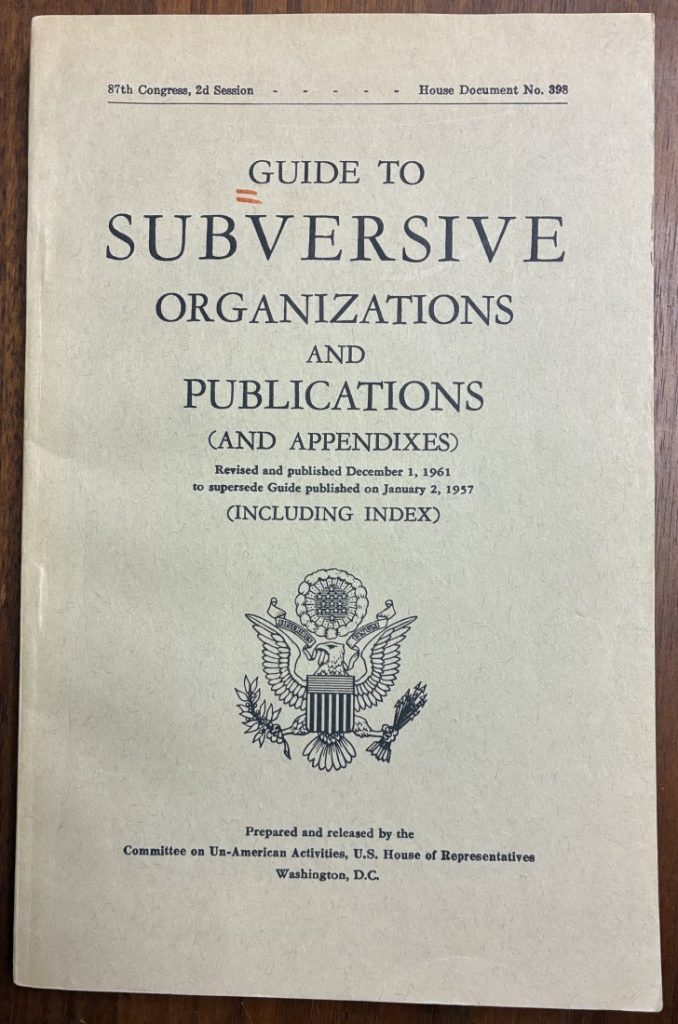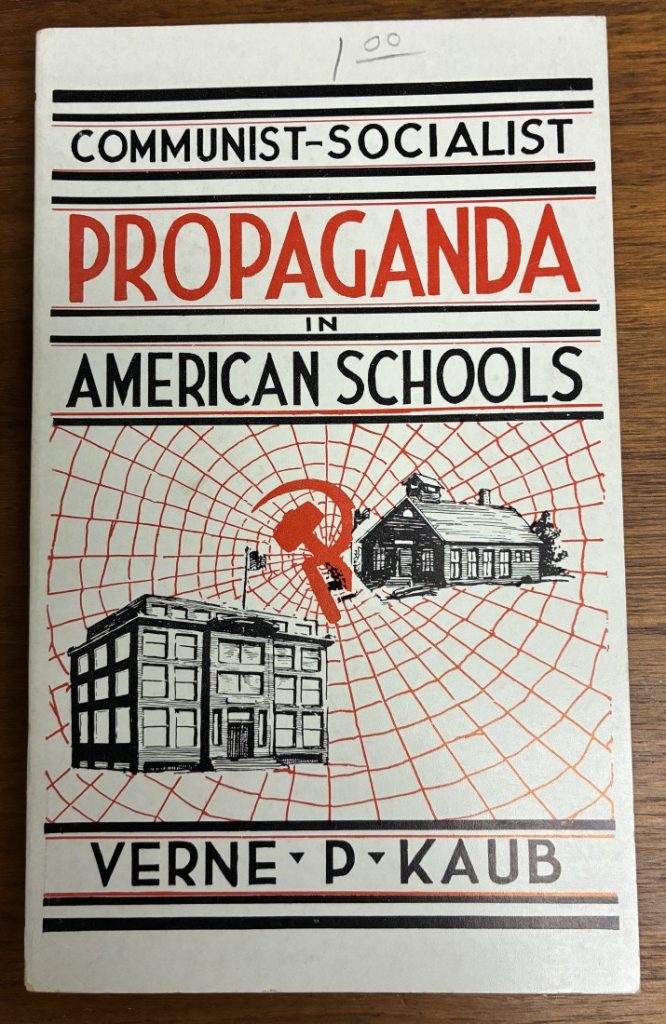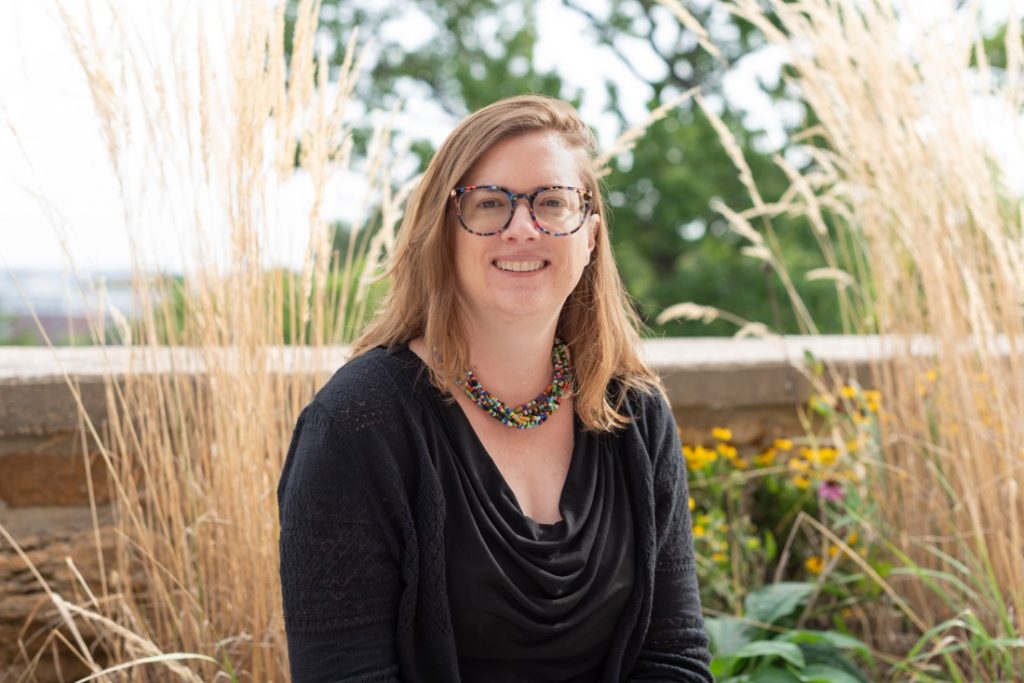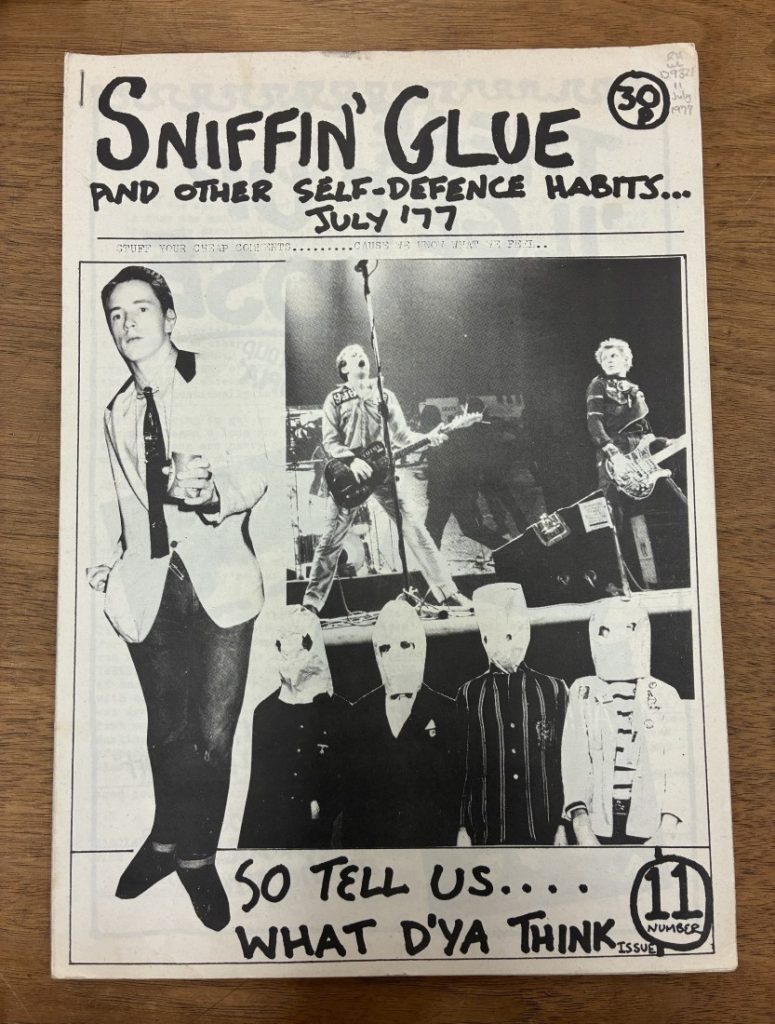Spencer’s Growing Zine Collection
January 28th, 2026Zines are self-published writing and art, often made by collage with illustration, photos, and clippings from other publications, and printed like a pamphlet or small book. Zine production began the 1930s with sci-fi fanzines, but in the 1980s and ‘90s, the widespread availability of the copy machine and Kinko’s 24-hour stores spurred many disaffected young people to express their personal and political opinions, often anonymously, in zines that were distributed locally and nationally via word of mouth and the postal service. Although the internet later replaced much of the ways young people previously communicated with each other, zine production has continued and has been made easier with new digital tools and home printers.
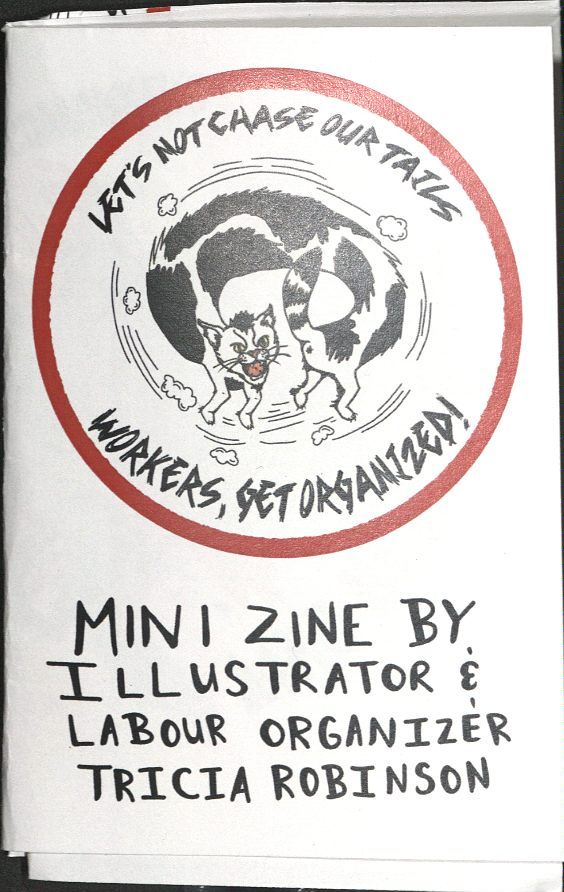
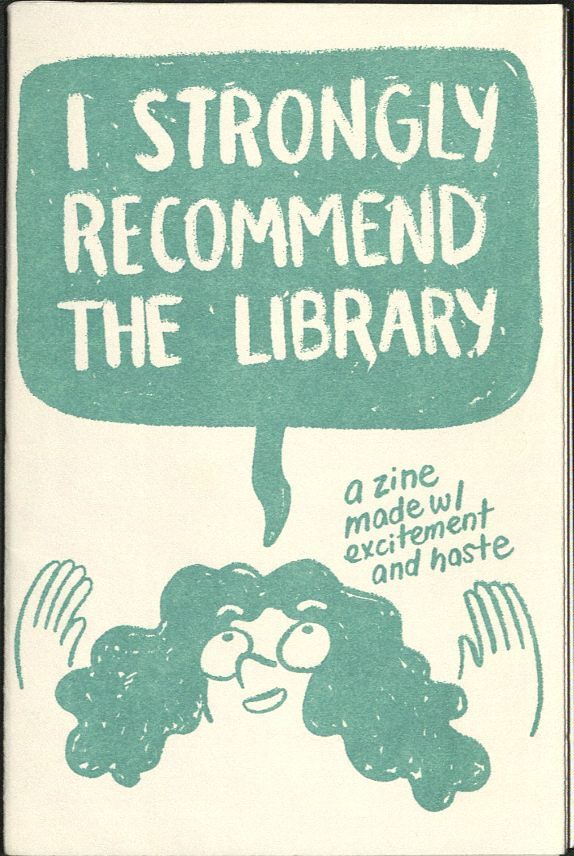

In 2016, Kenneth Spencer Research Library received a large donation of about a thousand left-wing, radical zines from the Lawrence-based Solidarity Revolutionary Center Library. The books remaining in the library are now housed at the Ecumenical Campus Ministries building near campus. Before they were donated to Spencer, many of these zines were scanned and made available on the Internet Archive.
Since adding the Solidarity Library zines to the Wilcox Collection of Contemporary Political Movements in 2016, interest in the collection has grown among KU students, KU faculty, and community members. Several classes come to Spencer each semester to learn about the collection, view a selection of zines, and complete a primary source analysis activity with one zine. These class visits help prepare students to tackle a creative, unique assignment to make their own zines. Students also tour the Makerspace at Anschutz Library, where they can utilize the tools and materials needed to write, illustrate, assemble, and print copies of their zines for classes and/or for fun. Additionally, Spencer also hosted attendees of Lawrence’s annual Paper Plains Zine Festival last September for a tour of the library and to view some of our zines up close. Library staff were thrilled to see this group of zine creators and collectors show so much excitement and joy for our zine collection.
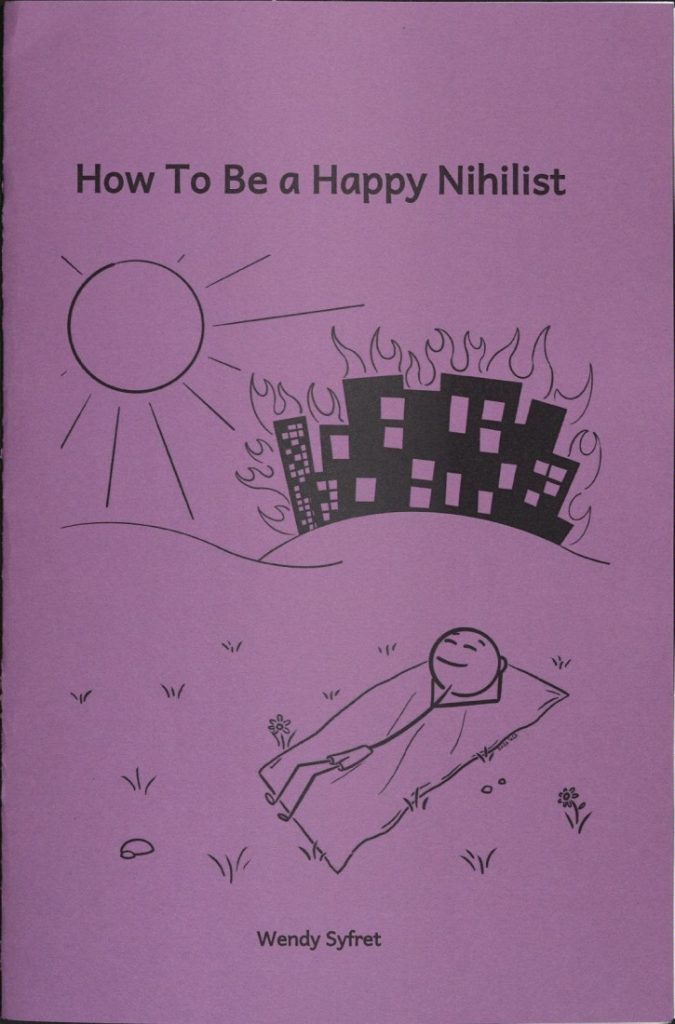
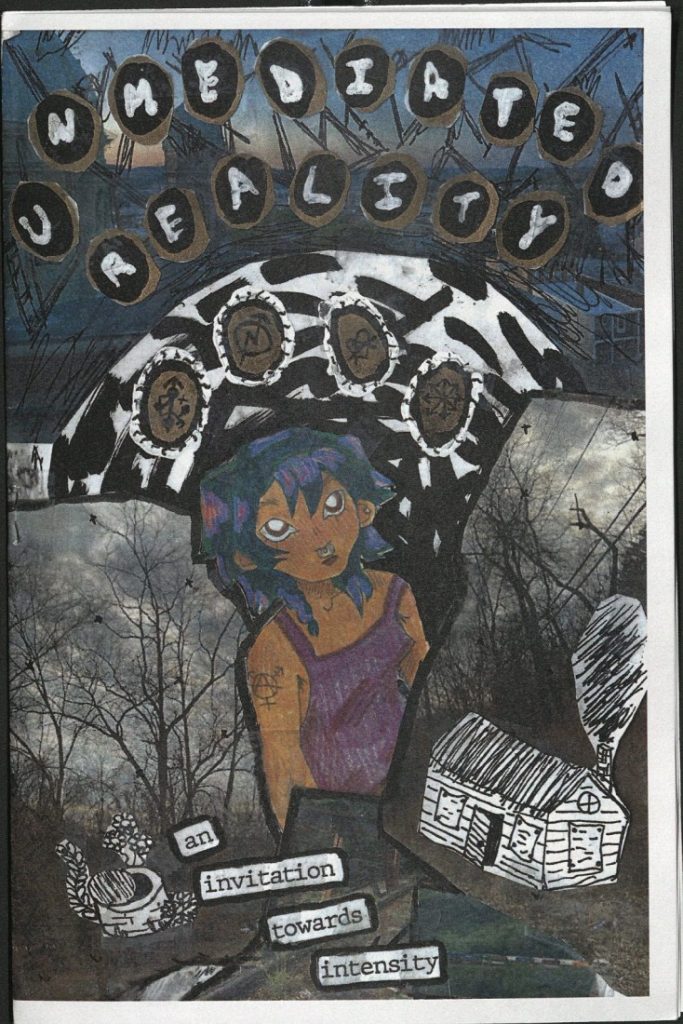
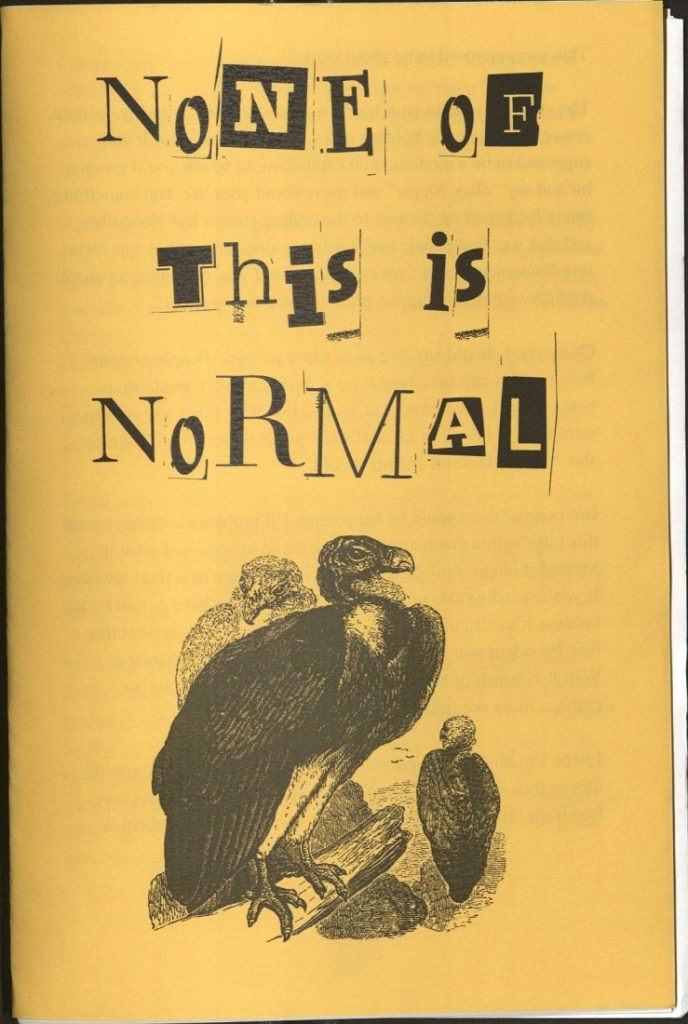
Due to the popularity of the zine collection, it seemed like a good idea to acquire more recently published zines that address current topics students might be interested in. Last fall, we purchased about a hundred new zines (many of them created in 2025 and purchased on Etsy). While some of the zines are reprints of older publications, the more recent ones address topics such as political attacks on transgender people, resistance to fascism and state violence, the labor movement, the war in Gaza, the American tech oligarchy, artificial intelligence, the COVID-19 pandemic, and mutual aid. The zines are in the process of being cataloged; when that work is completed, information about them will be available via the KU Libraries online catalog, and the zines themselves will be available for classes and for research in our Reading Room.
Throughout this post is a sample of ten covers from our most recent purchase of zines. If you have suggestions for further purchases or donations of zines for the Wilcox Collection or if you would like to view these in our reading room, get in touch with Spencer staff!
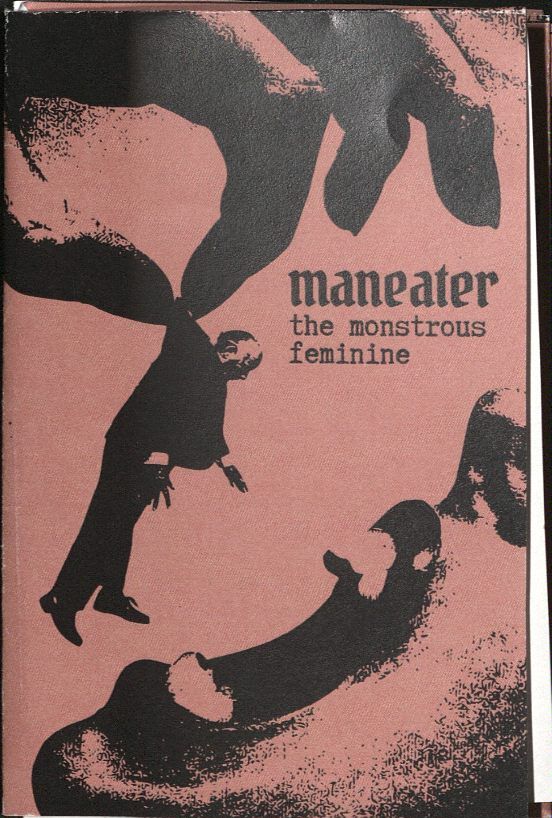
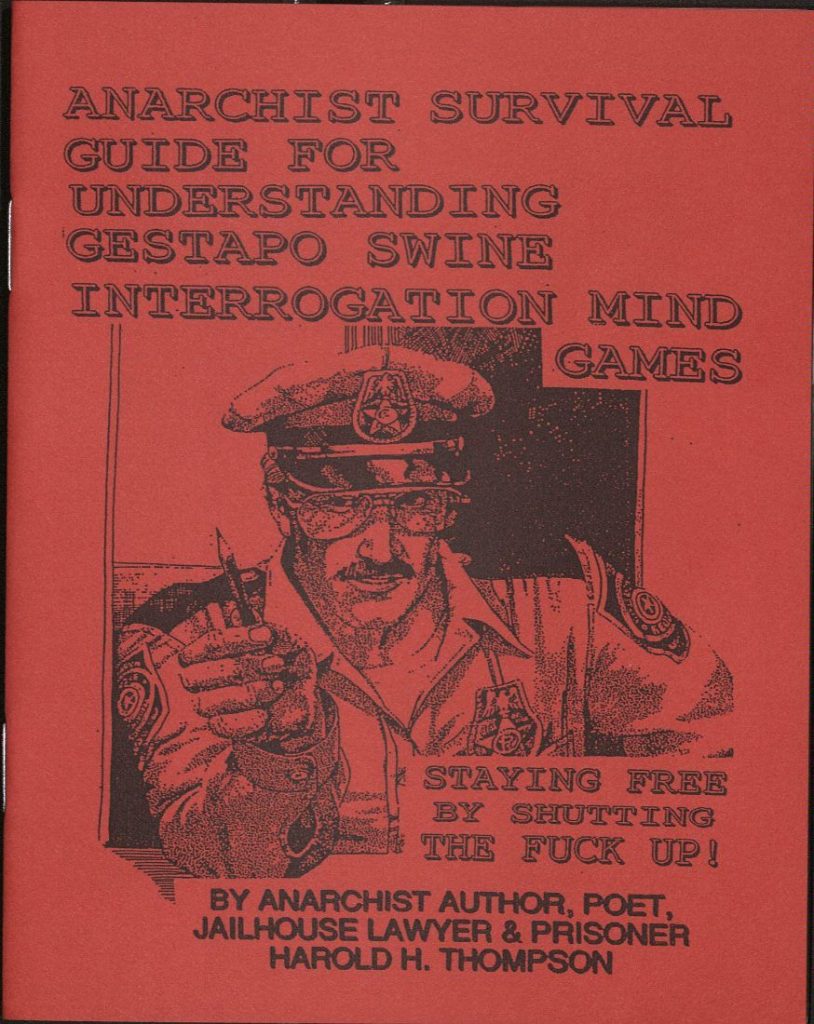
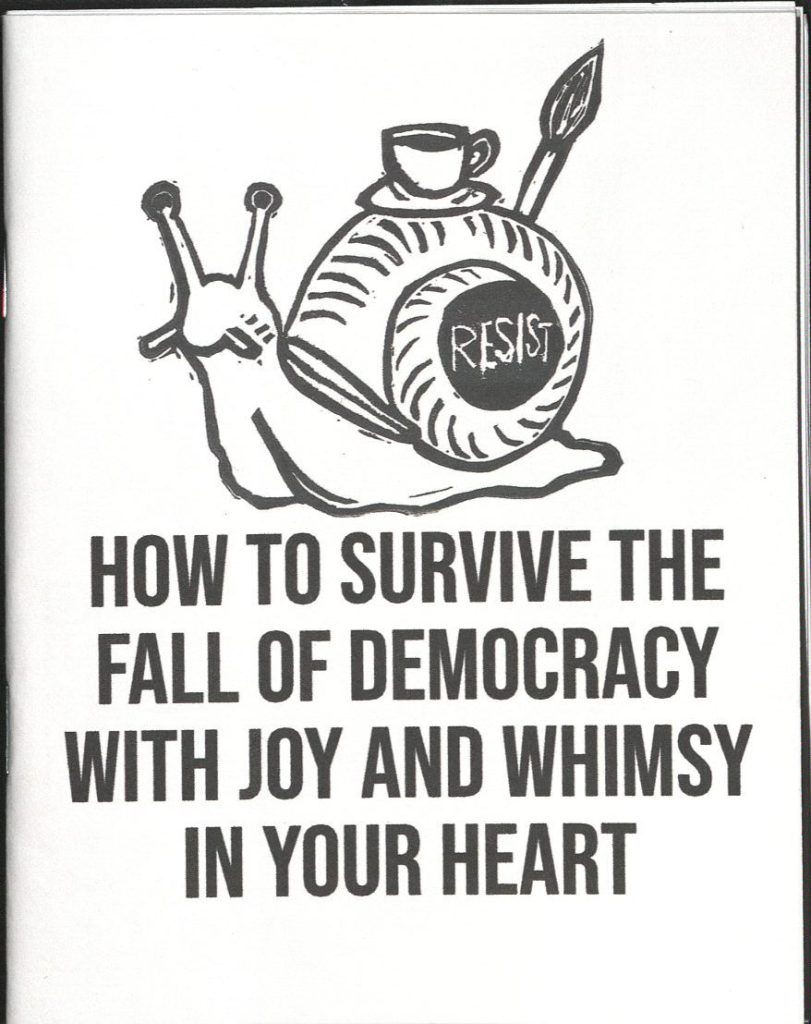
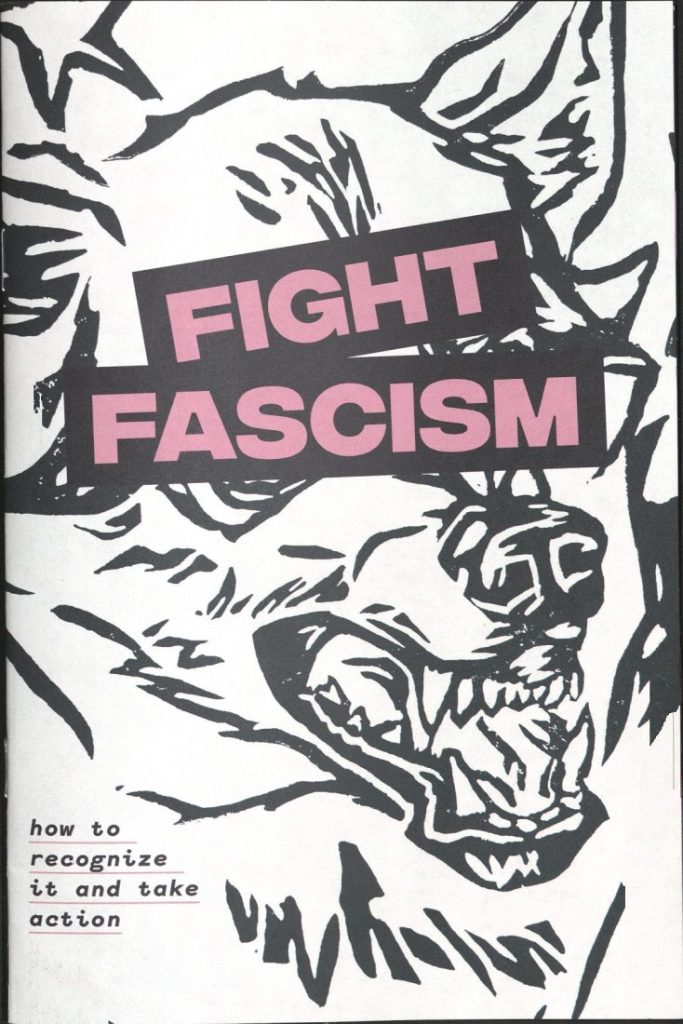
Kate Stewart
Curator of the Wilcox Collection of Contemporary Political Movements
Maureen Tuohey and Theo McKay
Public Services Student Assistants

